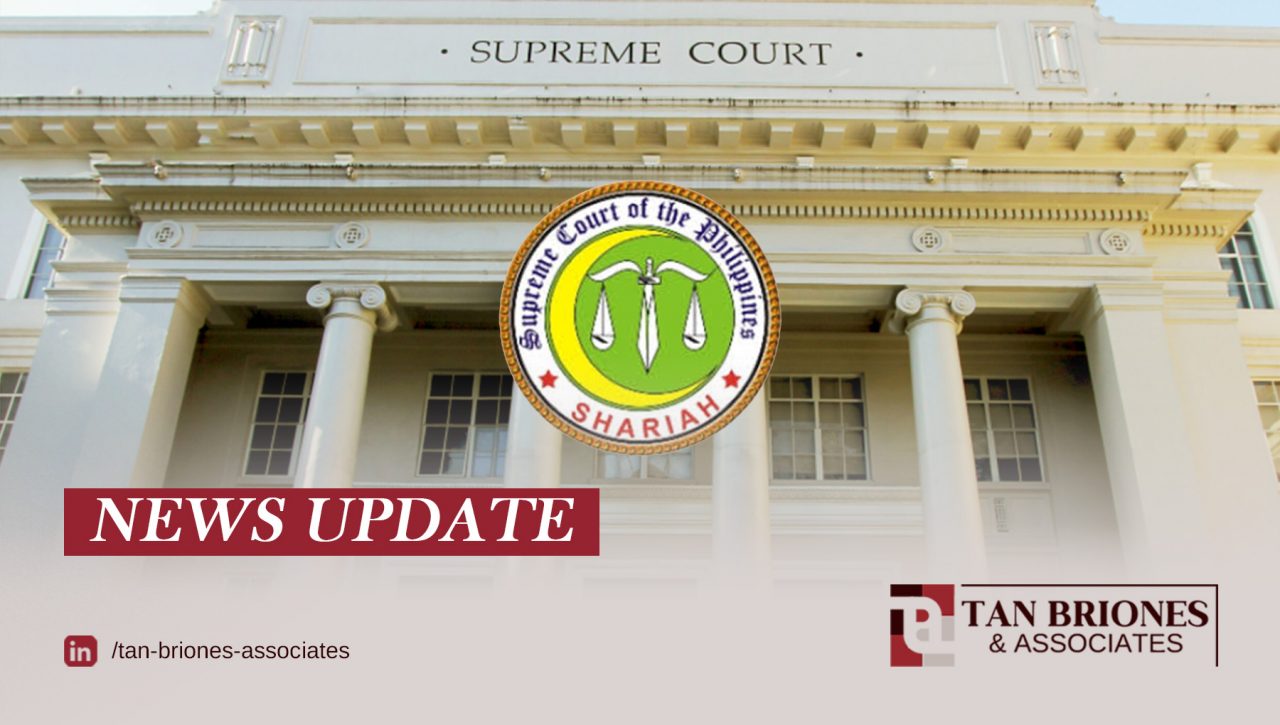
For the first time, the Shari’ah Special Bar Examinations (SSBE) offered the option to take the exam in Arabic as part of a fully digitalized format, making this year’s exam the first to be conducted entirely through digital means.
Of the total of 629 examinees who took the 2025 Shari’ah Bar Exam, 92 opted to take the newly introduced Arabic exam—an innovation aligned with the Supreme Court’s (SC) push for a fully digitalized and inclusive examination process under its Strategic Plan for Judicial Innovations 2022–2027.
The exams were held across four testing centers: 156 examinees at the University of the Philippines (UP) Diliman, 314 at Mindanao State University – Iligan Institute of Technology (MSU-IIT), 119 at Ateneo de Davao University (ADDU), and 40 at Ateneo de Zamboanga University (ADZU).
SC Associate Justice Antonio T. Kho, Jr., Chairperson of the 2025 SSBE, delivered the keynote address and presented selected questions from the morning exams.
The subjects covered on Day 1, May 25, included Jurisprudence (Fiqh) and Customary Laws (Adat) in the morning, followed by Persons, Family Relations, and Property in the afternoon.
The second day of the examinations, scheduled for May 28, will cover Succession, Wills/Adjudication, and Settlement of Estates in the morning, and Procedure in the Shari’ah Courts in the afternoon.
The Philippine Shari’ah Bar Examination is a specialized legal test administered for aspiring lawyers who wish to practice Islamic law in the country.
Moreover, it assesses candidates’ knowledge and proficiency in Shari’ah law, which governs personal and family matters within Muslim communities.
In 2024, the first digitalized and regionalized special exams for the Shari’ah courts recorded a 21.45 percent passing rate, with 183 out of 853 examinees successfully passing.
Follow Tan Briones & Associates on LinkedIn for more legal updates and law-related articles.







